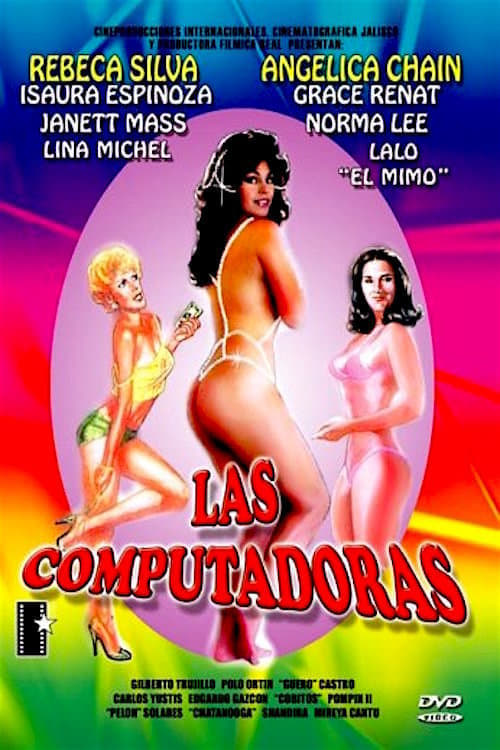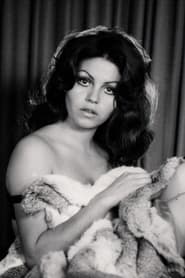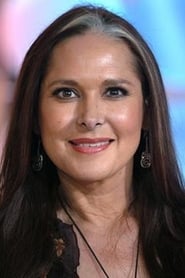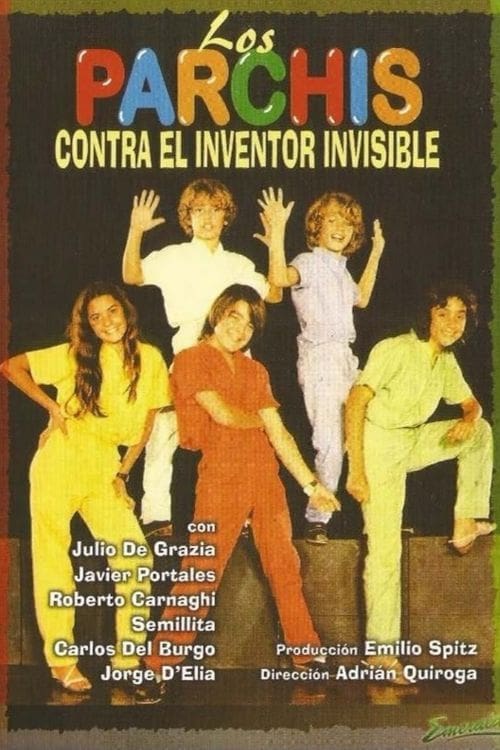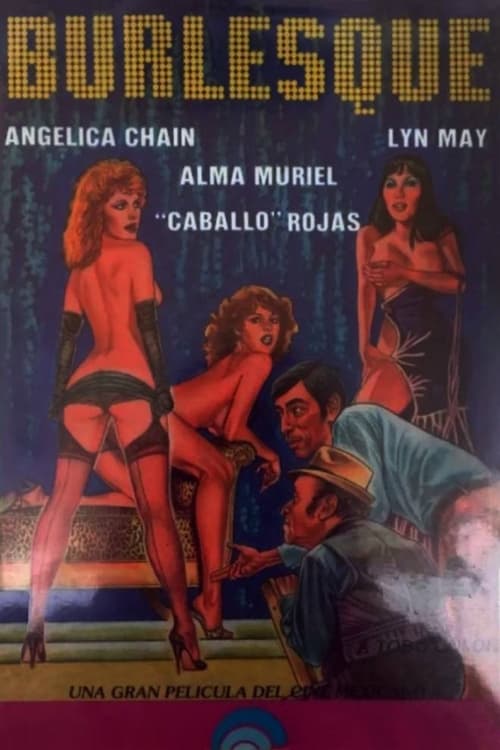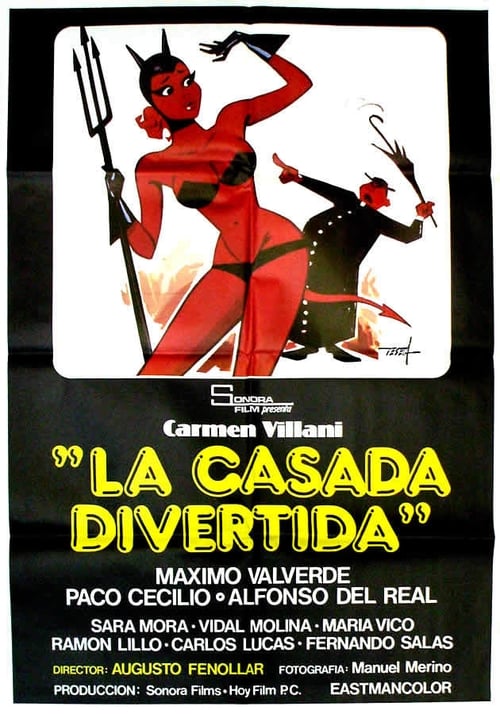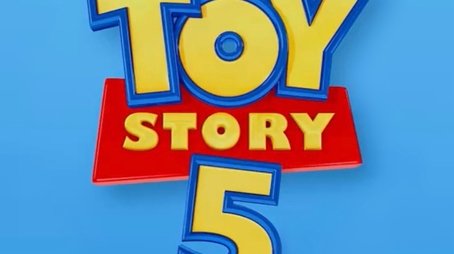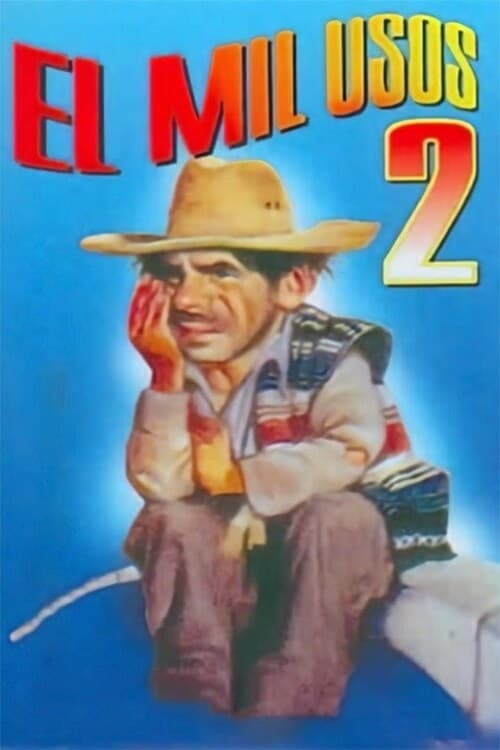
Ask Your Own Question
What is the plot?
The sun dips below the skyline of Mexico City, casting long shadows over the bustling streets of the Distrito Federal. It is June 10, 1982, and the air hums with the energy of a city on the cusp of change. In the upscale neighborhood of Fuentes del Pedregal, the neon lights of a cabaret called "Las Computadoras" flicker to life, promising escape, pleasure, and secrets. Inside, the stage is set for a night that will unravel lives, expose hidden truths, and culminate in tragedy.
Arturo Cobo, a young man fresh from his studies abroad, steps off the bus with a suitcase in hand and a diploma in his pocket. He has returned to Mexico after years away, eager to celebrate his graduation and reconnect with the city he once called home. His mother, Diana, has always been a distant figure in his life, her whereabouts and occupation shrouded in mystery. Arturo has heard whispers about her, but nothing concrete--only that she is successful, independent, and perhaps a bit unconventional.
That evening, Arturo decides to treat himself. He wants to experience the nightlife, to feel the pulse of the city he left behind. He strolls through the streets, the sounds of laughter and music drawing him toward the glowing sign of "Las Computadoras." The club is a spectacle: a blend of cabaret, nightclub, and brothel, where vedettes--glamorous performers--entertain a crowd of wealthy clients, businessmen, and curious onlookers. The air is thick with perfume, cigarette smoke, and the faint scent of danger.
Arturo enters the club, his eyes wide with wonder. The stage is alive with color and movement, the vedettes dancing in sequined costumes, their voices rising in song. Among them are Angélica Chain, Rebeca Silva, and Grace Renat, each a star in her own right, each with her own story to tell. Arturo finds a seat at the bar, ordering a drink and soaking in the atmosphere. He is unaware that the woman watching him from the shadows, the one who seems to know every patron by name, is his own mother, Diana.
Diana, the owner of Las Computadoras, is a woman of contradictions. She is elegant, commanding, and fiercely protective of her establishment and her employees. She has built her empire from nothing, rising above the stigma of her profession to become a respected figure in the underworld of Mexico City. But her success comes at a cost. She lives in constant fear of exposure, of her past catching up with her, of her son discovering the truth about her life.
As the night unfolds, Arturo becomes increasingly drawn to the world of Las Computadoras. He strikes up conversations with the vedettes, sharing stories of his travels and his dreams for the future. Angélica Chain, a fiery and outspoken performer, takes a particular interest in him. She senses his innocence, his naivety, and she warns him to be careful. "This place is not what it seems," she says, her voice low and urgent. "There are secrets here, Arturo. Secrets that could destroy you."
Arturo laughs, dismissing her warning as the paranoia of a woman who has seen too much. But as the hours pass, he begins to notice strange things. The clients are not just here for entertainment; they are here for something darker, something more dangerous. He overhears whispered conversations about deals, about money, about power. He sees the way Diana watches him, the way her eyes linger on his face, as if searching for something familiar.
Meanwhile, tensions rise within the club. Gilberto Trujillo, a regular client and a man with a reputation for violence, becomes increasingly aggressive. He has a history with Diana, a past that is hinted at but never fully revealed. He resents her success, her independence, and he is determined to bring her down. He begins to make threats, to intimidate the vedettes, to challenge Diana's authority.
Arturo, oblivious to the danger, continues to enjoy himself. He dances with Rebeca Silva, a gentle and compassionate performer who seems to understand his loneliness. She tells him about her own struggles, about the sacrifices she has made to survive in this world. "We are all just trying to find our place," she says, her voice tinged with sadness. "But sometimes, the price is too high."
As the night wears on, the atmosphere in the club grows more tense. Diana, sensing the rising danger, tries to maintain control. She confronts Gilberto, warning him to leave her employees alone. "This is my house," she says, her voice firm and commanding. "You will not ruin it."
Gilberto sneers, his eyes narrowing. "You think you're untouchable, Diana? You think you can hide forever? But secrets have a way of coming out."
Arturo, overhearing the exchange, feels a chill run down his spine. He begins to suspect that there is more to Diana than meets the eye. He watches her closely, noticing the way she moves, the way she speaks, the way she looks at him. And then, in a moment of clarity, he realizes the truth: Diana is his mother.
The revelation hits him like a punch to the gut. He feels a surge of anger, betrayal, and confusion. How could she have kept this from him? How could she have let him live in ignorance, never knowing the truth about her life? He confronts her, his voice trembling with emotion. "Why didn't you tell me?" he demands. "Why did you let me come here, to this place?"
Diana looks at him, her eyes filled with pain and regret. "I wanted to protect you," she says. "I wanted you to have a normal life, a life free from the shadows of my past. But I see now that I was wrong. I should have told you the truth."
Arturo is torn between his love for his mother and his disgust at her deception. He wants to understand, to forgive, but the weight of her secrets is too heavy to bear. He storms out of the club, leaving Diana behind, her heart breaking as she watches him go.
Back at the club, the tension reaches a boiling point. Gilberto, fueled by jealousy and rage, makes his move. He confronts Diana in her office, demanding that she hand over control of the club. "You've had your fun," he says, his voice cold and menacing. "Now it's my turn."
Diana refuses, standing her ground. "This club is mine," she says. "And I will not let you take it from me."
Gilberto laughs, a cruel, mocking sound. "You think you're strong, Diana? You think you can fight me? But you're just a woman, a woman who has lived in the shadows for too long."
The confrontation escalates, and in a moment of desperation, Diana grabs a knife from her desk. She brandishes it at Gilberto, her eyes blazing with defiance. "Stay back," she warns. "I will not let you hurt me or my employees."
Gilberto, undeterred, lunges at her. The two struggle, the knife flashing in the dim light. In the chaos, Diana stabs Gilberto, the blade piercing his chest. He falls to the floor, blood pooling around him, his eyes wide with shock and disbelief.
Diana stands over him, her hands trembling, her breath coming in ragged gasps. She has killed a man, but she feels no remorse. She has protected her club, her employees, her way of life. But she knows that the consequences will be severe.
Arturo, unable to stay away, returns to the club. He finds Diana in her office, covered in blood, the body of Gilberto at her feet. He is horrified, but he also sees the pain in her eyes, the weight of her actions. "What have you done?" he asks, his voice barely a whisper.
Diana looks at him, tears streaming down her face. "I did what I had to do," she says. "I did it to protect you, to protect this place."
Arturo is torn between his love for his mother and his sense of justice. He knows that she has committed a crime, but he also knows that she has been driven to it by circumstances beyond her control. He helps her clean up the scene, disposing of the body and covering up the evidence.
The next morning, the club reopens as if nothing has happened. The vedettes perform, the clients arrive, and life goes on. But Arturo and Diana are forever changed. They have faced the darkness together, and they have emerged with a deeper understanding of each other.
In the final scene, Arturo stands outside the club, looking up at the neon sign of Las Computadoras. He feels a sense of closure, of acceptance. He knows that his mother's life is not what he imagined, but he also knows that she is strong, resilient, and capable of love. He turns and walks away, ready to face the future, whatever it may hold.
Diana watches him go, a small smile on her lips. She knows that her son has found his own path, and she is proud of him. She returns to her club, ready to face whatever challenges lie ahead.
The story of Las Computadoras is one of secrets, betrayal, and redemption. It is a tale of a mother and son who must confront the truth about each other and themselves. It is a story of survival, of love, and of the enduring power of family.
More Movies Like This
Browse All Movies →What is the ending?
In the ending of "Las computadoras," the main characters confront the consequences of their actions as they navigate the complexities of technology and human relationships. The film concludes with a sense of resolution as they come to terms with their choices, leading to a bittersweet but hopeful future.
As the final scenes unfold, we find ourselves in a dimly lit office filled with the hum of computers. The protagonist, a young programmer named Carlos, sits at his desk, staring intently at the screen. His fingers dance over the keyboard, typing furiously as he works to finalize a crucial program that could change the course of his career. The tension in the room is palpable, reflecting his internal struggle between ambition and ethical considerations.
Scene breaks reveal the emotional weight of the moment. In the first scene, Carlos is joined by his colleague, Ana, who has been a steadfast supporter throughout their project. She enters the room, her expression a mix of concern and determination. "Carlos, we need to talk about the implications of what we're doing," she urges, her voice steady but laced with urgency. Carlos, however, is consumed by his desire for success, brushing off her concerns with a wave of his hand. "We can't let fear hold us back, Ana. This is our chance."
The next scene shifts to a confrontation with their boss, Mr. Torres, who has been pressuring them to deliver results at any cost. He storms into the office, his presence commanding and intimidating. "I expect results, not excuses!" he barks, his eyes narrowing as he assesses their progress. Carlos feels a surge of anxiety but also a thrill of power; he is on the brink of achieving something monumental. Mr. Torres leaves, and Carlos turns to Ana, a flicker of doubt crossing his face. "What if we're crossing a line?" he asks, vulnerability creeping into his voice.
In the following scene, Ana takes a stand. She confronts Carlos about the ethical implications of their work, her passion igniting a heated debate. "We have a responsibility to consider the impact of our technology on people's lives," she insists, her eyes blazing with conviction. Carlos, torn between his ambition and his growing awareness of the potential consequences, struggles to articulate his thoughts. The tension between them escalates, revealing the depth of their relationship and the stakes involved.
As the climax approaches, the duo faces a critical decision. They must choose whether to proceed with their project, which could lead to significant advancements but also pose risks to privacy and security. In a moment of clarity, Carlos realizes that their work could have far-reaching effects beyond their immediate goals. He looks at Ana, and for the first time, he sees the weight of their choices reflected in her eyes. "Maybe we need to rethink this," he admits, a sense of resolve building within him.
The final scenes depict their decision to halt the project, opting instead to focus on creating technology that prioritizes ethical standards and user safety. As they present their new vision to Mr. Torres, the atmosphere shifts. The tension is replaced by a sense of purpose, and while Mr. Torres is initially resistant, he ultimately recognizes the value in their approach. The scene closes with Carlos and Ana exchanging a hopeful glance, their partnership strengthened by their shared commitment to doing the right thing.
In the concluding moments, we see Carlos and Ana walking out of the office together, the sun setting in the background. The warmth of the light symbolizes a new beginning, and as they step into the future, they carry with them the lessons learned from their journey. Each character's fate is intertwined with the choices they made, and the film ends on a note of optimism, suggesting that technology can be a force for good when guided by ethical considerations.
Is there a post-credit scene?
"Las computadoras," produced in 1982, does not feature a post-credit scene. The film concludes its narrative without any additional scenes or content after the credits roll. The story wraps up with a focus on the main themes and character arcs, leaving the audience with a sense of closure regarding the events that transpired throughout the film.
What role do the computers play in the lives of the main characters?
In 'Las computadoras', the computers serve as both a tool and a source of conflict for the main characters. They are depicted as advanced machines that can process information rapidly, which fascinates some characters while instilling fear in others. The protagonist, a young programmer, becomes increasingly reliant on the computer for his work, leading to a struggle between human intuition and machine logic.
How does the relationship between the protagonist and his mentor evolve throughout the film?
The relationship between the protagonist and his mentor begins with admiration and guidance. The mentor, an experienced computer scientist, initially supports the protagonist's ambitions. However, as the protagonist becomes more engrossed in the technology, tensions arise due to differing philosophies about the role of computers in society. This evolution showcases the mentor's growing concern for the protagonist's well-being and the potential dangers of over-reliance on technology.
What specific challenges does the protagonist face in his career due to the rise of computers?
The protagonist faces significant challenges as he navigates a rapidly changing work environment dominated by computers. He struggles with feelings of inadequacy as younger colleagues, who are more adept at using technology, begin to overshadow him. This leads to a crisis of confidence, where he questions his skills and relevance in a world increasingly driven by automation.
How do the supporting characters react to the advancements in computer technology?
The supporting characters exhibit a range of reactions to the advancements in computer technology. Some embrace it, seeing it as a means to enhance their productivity and creativity, while others express skepticism and fear, worried about job security and the loss of human touch in their work. This dichotomy creates tension within the group, highlighting the differing perspectives on the impact of technology on their lives.
What pivotal moment causes the protagonist to reconsider his relationship with technology?
A pivotal moment occurs when the protagonist experiences a critical failure in a project that heavily relied on computer algorithms. This failure not only jeopardizes his career but also leads to a personal crisis, forcing him to confront the limitations of technology and the importance of human judgment. This moment of reckoning prompts him to reassess his priorities and the role of technology in his life.
Is this family friendly?
"Las computadoras," produced in 1982, is a film that explores themes of technology and its impact on society. While the movie primarily focuses on the interactions between humans and computers, there are a few aspects that may be considered objectionable or upsetting for children or sensitive viewers.
-
Technological Anxiety: The film delves into the fears and anxieties surrounding the rise of computers, which may be unsettling for younger audiences who might not fully understand the implications of technology.
-
Conflict and Tension: There are scenes that depict interpersonal conflicts, particularly between characters who struggle with the changes brought about by technology. This tension may be intense for some viewers.
-
Emotional Struggles: Characters experience feelings of isolation and frustration as they navigate a rapidly changing world. These emotional struggles could resonate deeply and may be upsetting for sensitive viewers.
-
Dystopian Elements: The film hints at a future where technology dominates human life, which could be perceived as dark or foreboding.
Overall, while "Las computadoras" is not overtly graphic or violent, its themes and emotional depth may require parental guidance for younger audiences.

